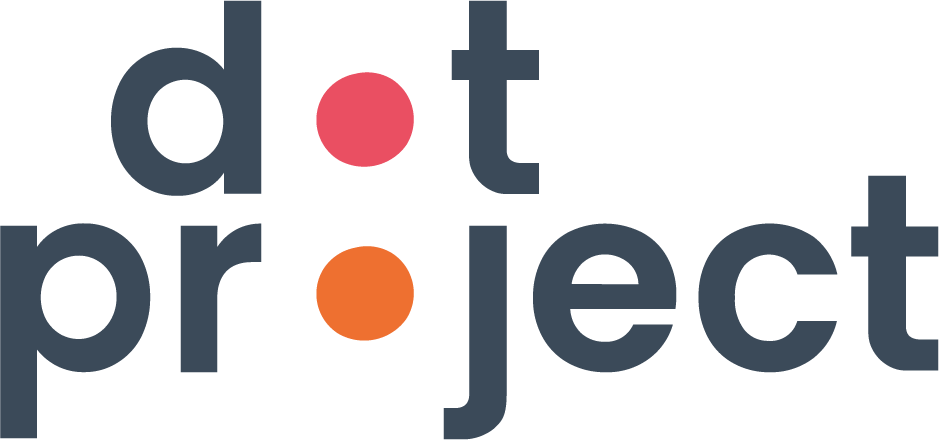The hurdles we face when we work in partnership
Working in partnership takes a lot of bravery: you have to authentically share your aspirations for change in a system that is so much bigger than you and we are deeply grateful to each and every collaboration we’ve had.
Trust and transparency is a core principle within Dot Project; it enables more honest communication and allows us to really uncover how our collective skills can add the most value. As part of this commitment to honest communication we wanted to share more on what can make partnerships challenging. When building strong relationships our focus on relationships and alignment requires time and transparency — this can be emotionally taxing for all involved and there are hard truths aplenty!
THE CHALLENGES THAT ARISE
In the social sector, working in partnership often seems like the hard way to do things and here’s why:
Power dynamics — Due to the nature of most contracts there is usually a ‘lead’ contractor.. A ‘lead’ may be privy to funder or client information prior to other partners, or may hold the budget and responsibility for payment. This can lead to an unconscious power dynamic and imbalance of power.
Pressure from funders to ‘get delivering’ — The relationship building work is some of the most important and deepest work we do, but it often goes unpaid. With no clear impact measurements, the time it takes to build partnership is often undervalued or misunderstood, and its rarely factored into rapid launch times. In reality, each relationship needs a different amount of attention, focus and time so we often have to bring this in under our own investment.
Differing priorities between partners — Fundamentally we, and our partners, always have an eye on keeping our own businesses afloat. Working in the social sector means we work at relatively low day rates, so we all need to carefully balance our time with actual delivery costs. This means there can be differences in priorities and even clashes around when each business is willing to invest. Beyond this, simple administrative tasks and diary management become a real headache (and overhead!) when you start bringing lots of partners into the mix. Our alignment sessions are often the first opportunity to identify tensions or conflicting priorities, helping us to find ways to mitigate any disruption or misunderstandings.
Different approaches and cultures — Organisational culture is very difficult to define and yet very important to those who uphold it. On the surface it might appear that we share similar values and approaches but it’s only when the real work begins that we might see vastly different ways of working. Whilst this has rarely got in the way of us being able to deliver high quality work, it has at times caused heavy overhead with time investment becoming critical to keeping things on track. Some of our best work has actually emerged from this type of investment, as it helps us to recognise the shared value and importantly the impact we can enable together.
HOW WE OVERCOME THEM
Digital change is complex. It requires support of partners from diverse backgrounds with different skills, perspectives and experiences so inevitably, challenges often arise with people holding different interpretations of what values mean in practice.
But, by acknowledging the challenges of partnerships in the social sector, we can see the opportunity to create a more enabling environment. In order to successfully operate in partnership the partners need to make time upfront to align their values and to translate them into collective partnership behaviours: how do we take decisions, how do we collaborate, how do we manage conflict.
We believe contracting processes should enable multiple partners to hold and process budgets, and contracting procedures should create more space for organisations to pitch collaboratively. In order to ensure more seamless project delivery, budgets should also factor in the time needed for relationship building, enabling alignment on goals, priorities and ways of working. After all this work is hard, really hard. We are working within a context of exceptionally tight budgets, timelines and at times mission critical work for the impact organisations we are supporting, so establishing strong and effective partnerships is key.
Do you regularly work in partnership? Let us know what challenges you’ve encountered in the past and get in touch if you’re interested in working in partnership.
